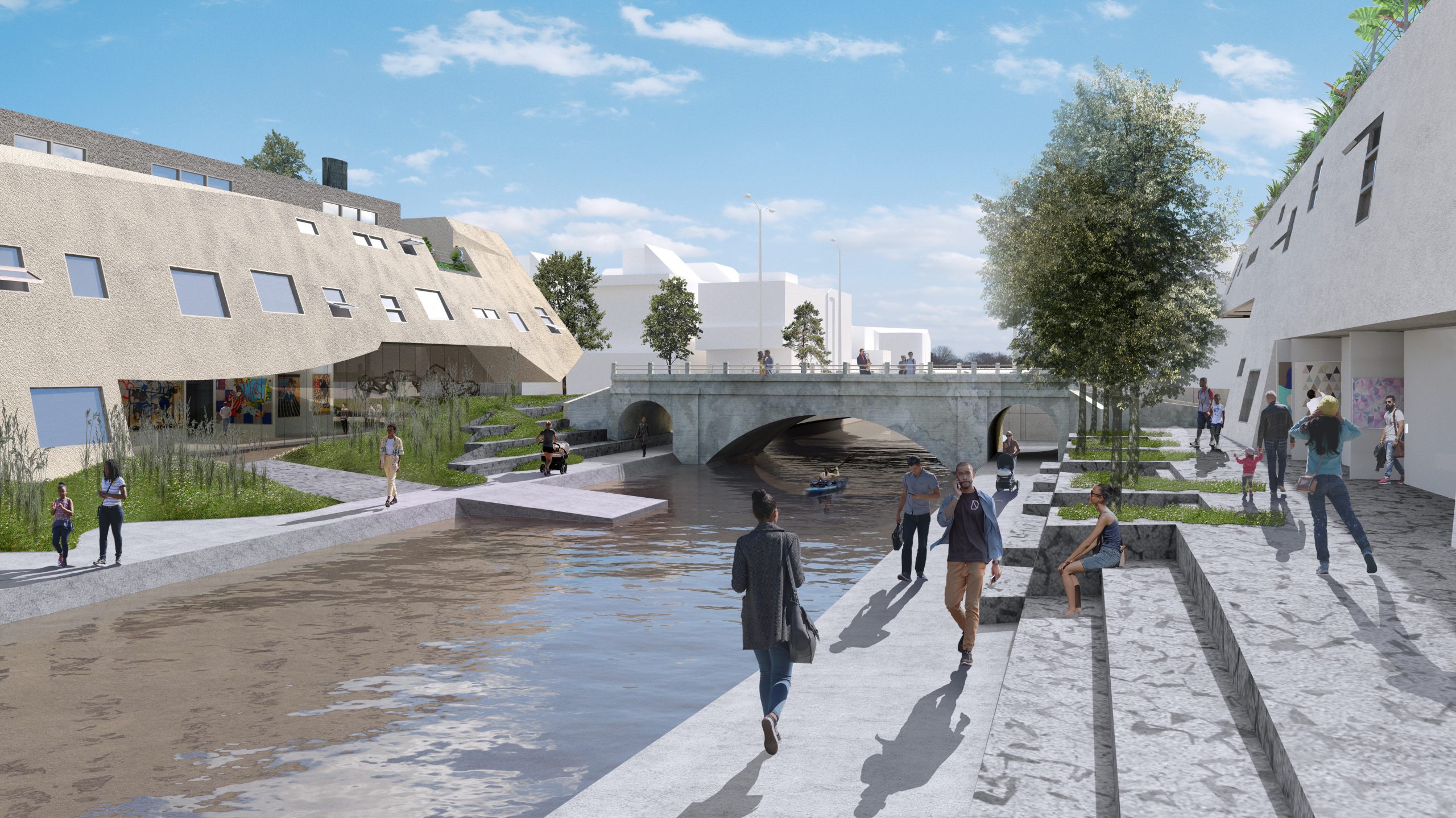In a major legal development for one of Los Angeles’s most embattled affordable housing projects, a Superior Court judge ruled last week that the City must face allegations of discrimination and obstruction in court. On July 18, 2025, Judge Robert Broadbelt denied the City’s attempt to pause a lawsuit filed by LA Forward Institute and several Venice residents, which accuses officials of deliberately stalling the Venice Dell Community project in violation of fair housing law. The ruling ensures that city departments and the elected officials who directed them will remain under legal scrutiny for blocking a fully approved housing development.
The decision comes after years of delays and political interference that have kept the Venice Dell project from breaking ground, despite clearing every major planning and legal hurdle. Advocates warn that allowing this obstruction to continue will have a chilling effect on affordable housing efforts across Los Angeles, particularly in affluent neighborhoods where vocal and well-resourced opposition is most entrenched. The City’s actions, they argue, signal that certain Council Districts can opt out of solving the housing and homelessness crisis—reinforcing long-standing patterns of segregation.
The Venice Dell project began in 2016, when the city identified a municipal parking lot at 200 N. Venice Blvd. as a potential site for housing under its Comprehensive Homeless Strategy. After a competitive selection process, two nonprofit developers, Venice Community Housing and Hollywood Community Housing Corporation, were chosen to lead the project.
Over the next five years, the development team conducted more than 100 community meetings, refined designs, and secured a slate of approvals. In 2021 and 2022, the City Planning Commission and full Council approved entitlements for the project. The City executed a Disposition and Development Agreement (DDA) and allocated over $6 million in housing funds.
But after Councilmember Mike Bonin left office in December 2022, the project began to stall. Councilmember Traci Park, who had campaigned against Venice Dell, assumed office and departments including LADOT, LAHD, and the City Attorney’s office began quietly obstructing progress. Internal directives halted permit processing, canceled meetings, and rerouted communications through legal counsel. The California Coastal Commission, which had been set to hear the project in mid-2023, was asked by city officials to delay its review. In August 2023, the city withdrew and resubmitted its Local Coastal Program amendment, further pushing back the timeline.
Despite this behind-the-scenes sabotage, the project continued to win in public. In December 2024, the Coastal Commission unanimously approved Venice Dell’s permit, calling it a model for coastal affordable housing. But just one day earlier, the Board of Transportation Commissioners (BOTC) voted in a last-minute special meeting to deny authorization to use the site (City Parking Lot 731) for the project. The BOTC decision was celebrated by Park as a death knell for Venice Dell. But it contradicted years of prior approvals and arrived just before a favorable Coastal Commission ruling. In response, the developers filed a writ of mandate seeking to overturn the BOTC vote. Meanwhile, LA Forward Institute and several residents sued the city for discriminatory obstruction of affordable housing.
The City had argued that the LA Forward Institute lawsuit should be paused until the land-use issues were resolved. But as the court ruled on July 18, the allegations of broader misconduct, like the City’s refusal to process permits or finalize agreements, must still be heard in court. Judge Broadbelt cited a “pattern of obstruction” that raised valid legal questions.
For housing advocates, the Venice Dell case is a bellwether. If city officials are allowed to torpedo fully approved projects in areas like Venice, it sends a message that exclusionary politics can override public need—and that lower-income Angelenos will remain excluded from wealthier coastal neighborhoods.
The Venice Dell Community was supposed to be a flagship project, turning public land into 120 affordable homes, with supportive services and preserved beach parking. Its site was specifically chosen because the city owned it and had designated it for housing nearly a decade ago. But the project has instead become a case study in how local politics and backdoor obstruction can derail even the most shovel-ready affordable housing. The developers have warned that delays risk permanent loss of funding and increased construction costs.
The court’s latest ruling ensures the lawsuit will proceed, forcing city officials to respond to claims of discrimination and bad faith. The pending writ cases may also determine whether the BOTC vote is legally valid—or simply a pretext to kill a project some in power oppose for political reasons.
If those suits succeed, the city could be ordered to fulfill its obligations under the DDA and restart Venice Dell at Lot 731. If not, the project could be lost, replaced by a theoretical alternative on a different site years from now. For now, hundreds of low-income Angelenos remain in limbo, waiting on housing that already should have been built.
As the Los Angeles Times Editorial Board wrote last fall, “It’s past time for city officials to let Venice Dell homeless housing move ahead.” Nearly a year later, that urgency remains.

